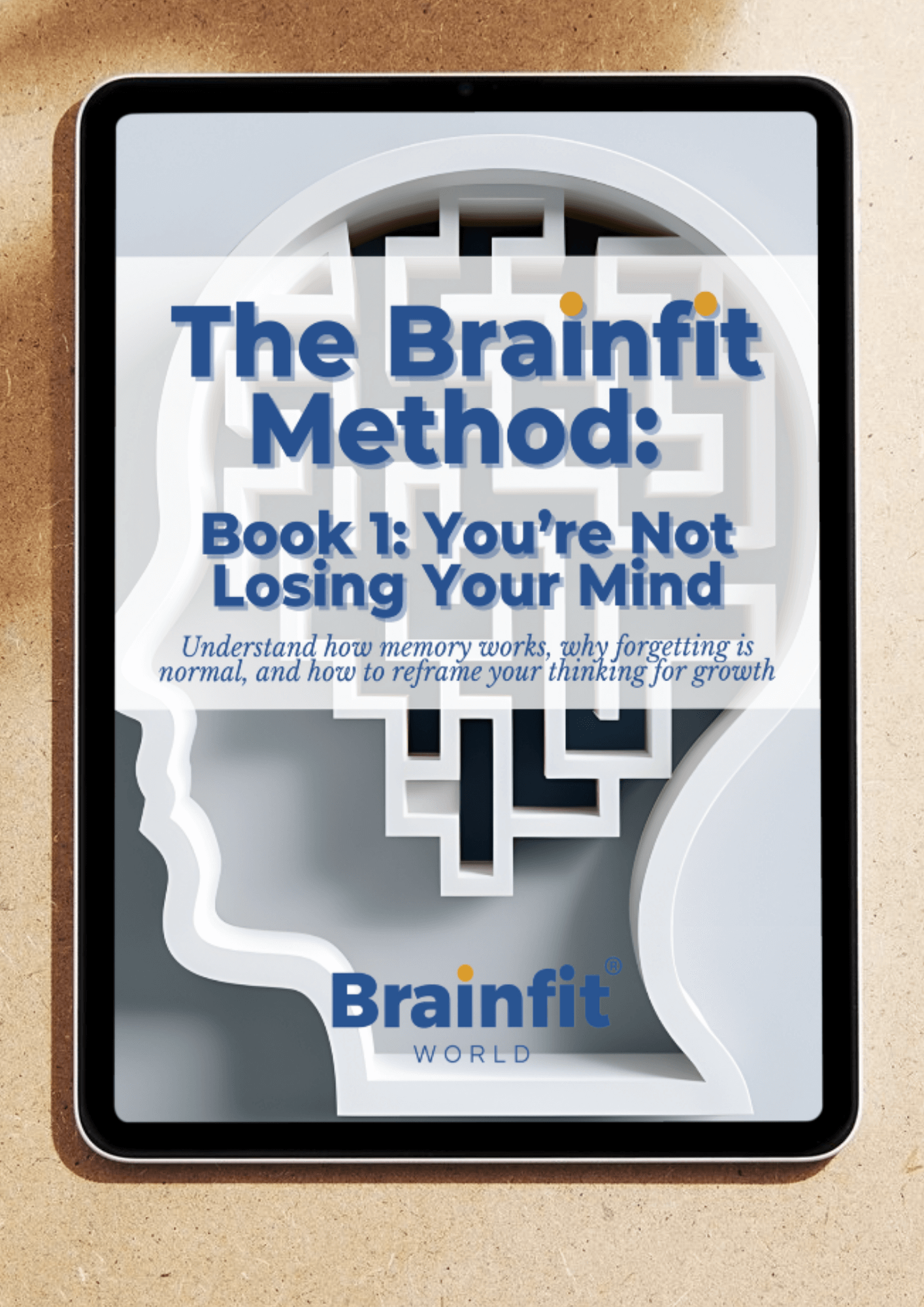 A reader writes:
A reader writes:
‘Can medication affect memory?’
We asked Dr Allison Lamont, PhD, memory expert, what the research says.
Reader, this is a very interesting question. And the answer is still being explored by researchers.
In the past, doctors often dismissed forgetfulness as part of normal ageing, but scientists now know that memory loss as you get old is by no means inevitable. We know the brain grows new brain cells and reshapes brain connection throughout our lives.
We are aware of some things that impair memory, such as severe stress, head injuries, stroke, sleep deprivation, drug/alcohol abuse and illnesses such as Alzheimer’s disease and depression. And, yes, some commonly prescribed medications can also interfere with memory while they are being taken.
The medication many people are concerned about are the Statins. It is common for people who take Statins to report memory loss, and they have acquired a ‘bad press’. Neuroscientists suggest the opposite, that statins may help prevent dementia. This seems to be because the statins help clear the little blockages too much cholesterol can cause.
Researchers from John Hopkins Medicine looked at 41 different studies on statins to see if there was a link between taking the medication and memory loss. Combined, the studies followed 23,000 men and women with no prior history of memory loss for up to 25 years. There was no evidence that using statins caused memory loss for most users. For those who report they do experience some forgetfulness, this will right itself when you no longer need the medication.
Apart from the statins, there are medications which can temporarily affect your memory.
- Benzodiazepines can dampen activity in key parts of the brain, including those involved in the transfer of information from short-term to long-term memory.
- Tricyclic Antidepressants (alternatives are usually prescribed now) and Beta blockers are thought to affect memory and concentration because they are designed to block the action of serotonin and norepinephrine – two of the brain’s key chemical messengers. It doesn’t affect everyone using them and any memory and concentration effects are totally reversible when the medication is stopped.
It is important to remember that memory loss as we age is not inevitable and we can do so much to keep our own memory sharp and efficient, whether or not we are using medications.

Dr Allison Lamont, PhD
Do you have other suggestions or comments you would like to share with readers?





This advice answers the question – which medications affect memory adversely, Thank you. Is there an answer to the question – which medicines affect the memory positively?
My memory improved out of sight in late 50s when I refused to take statins after about 8 years on them. (At onset BC 20 years ago.) I then completed a master’s degree (hons). I knew I could not have done so while I had fuzzy stating brain and aching limbs.
That’s a great question, Des! Unfortunately, I don’t know of any medications that have the useful side effect of enhancing memory. The only possibilities are used only in the treatment of Alzheimer’s disease: Donepezil (Aricept), Rivastigmine (Excelon) and Galantamine (Razadyne). They work by preventing the breakdown that occurs in Alzheimer’s of the chemical messenger in the brain called acetylcholine.
Because the acetylcholine breakdown isn’t a problem outside of Alzheimer’s they wouldn’t work for other sorts of giving memory a boost.
A lot of hype occurs around supplements for memory, too. Most of the usual contenders such as gingko biloba, extra omega-3 oils and so on haven’t produced any results in spite of decades of scientific research.
However, you might have read about Brain Shield in the Newsletter. This has been developed in New Zealand by Vitality in conjunction with the Centre for Brain Research at the University of Auckland. Associate Professor Dr Jian Guan who was central to its research and development says “I like to call it maintenance of ageing.” and it contains a key ingredient cyclic Glycine-Proline (cGP) that is essential for maintaining optimal function of the body and mind.
So while it may not be a medication to directly improve the memory, it is a natural source of keeping the brain nutrition boosted – and it is important to keep the ‘memory equipment’ in tip-top condition to support memory.
At age 87 I haven’t seriously studied anything for 50 years. I’m now learning a
new language (slowly!) and find my mind gets ‘befuddled’ at times.
Am I studying to intensely at present?
Congratulations on your studies, Dawn! Of course learning a new language will take time – it does for everyone, no matter your age, and feeling overwhelmed by new information is absolutely normal. Take your time and let your amazing brain work the way it is designed to do. Each new word and phrase needs connections to be formed so that it can be encoded into your long-term memory. Revising, reviewing and re-telling new word and phrases (to your self or others) will help strengthen the new neural pathways being formed. You are a wonderful role model for others so keep up this impressive study and balance intensity with allowing processing time for your learning.
Where can one obtain cyclic Glycine-Proline? Can it be purhased on the open market or is a medical prescription necessary?